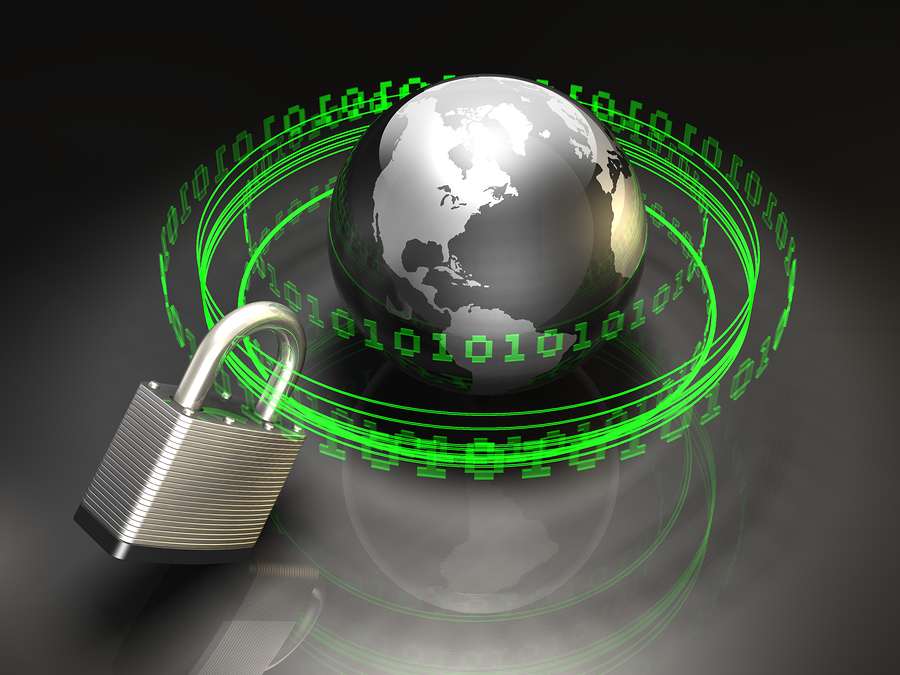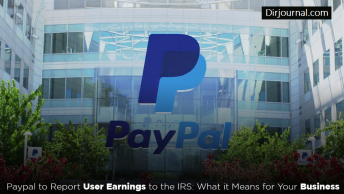 “Viruses” and “Worms” are forms of computer malware that replicate themselves, spreading as far and wide as the code can travel. A virus attaches itself to an existing program and it may be carried by files saved on removeable media or transferred over a network; a worm is stand-alone code that exploits vulnerabilities in a system, infesting and disrupting entire networks.
“Viruses” and “Worms” are forms of computer malware that replicate themselves, spreading as far and wide as the code can travel. A virus attaches itself to an existing program and it may be carried by files saved on removeable media or transferred over a network; a worm is stand-alone code that exploits vulnerabilities in a system, infesting and disrupting entire networks.
While not self-replicating, a “Trojan Horse” is a software program that appears to be normal/harmless, but also contains hidden code that performs evil deeds in the background. Trojans are designed to allow a hacker remote access to the computer system that has been targeted, granting that party control over: online data transmission in both directions; modification or deletion of files; display of the user’s screen; and more. They are transmitted as harmless looking email attachments, downloads from filesharing networks, or auto-loading executables that exploit browser vulnerabilities.
“Spyware” collects information without the user’s knowledge. It can take several forms: simple keyloggers that enable one person to monitor another’s online behavior; disruptors that change application settings; and comprehensive programs which collect the user’s personal information for transmission to dangerous parties. When others have access to your personal information, account numbers and passwords, there can be no end to the financial havoc that they can wreak before they are apprehended. So far, the FTC has documented 27.3 million cases of Identity Theft.
There have been countless computer viruses and other malware spread over the years. And, though Windows Vista offers a great number of security improvements over earlier Windows operating systems, some vulnerabilities do remain.
What Can You Do to Protect Yourself From Malware, Spyware and Viruses?
- Never download files, including email attachments, that have been sent from or are displayed online by unknown parties.
- Never use complete, common words as passwords; use at least 10 characters, mixing letters with numbers.
- Never share your passwords with other parties.
- When paying for something or entering other personal info online, make sure the URL begins with “https” not just “http”.
- If at all possible, avoid entering banking or other critical info while at internet cafes, and ALWAYS log out when you leave.
- Use a software firewall (for individual users/small networks) or a hardware firewall (for larger networks).
- Install reliable anti-spyware and anti-virus software.
Comprehensive virus-protection programs such as McAfee Internet Security Suite and Norton AntiVirus offer wide coverage, and there are several other PC software packages available.
- TopTenREVIEWS “2009 AntiVirus Software Review Product Comparisons” chart of ratings, features, and prices
- TopTenREVIEWS “Anti-Spyware Software Review 2009” chart of ratings, features, and prices
- PCMag.com “Antivirus” product comparison chart, with editor and reader ratings
- PCMag.com “Antispyware” product comparison chart, with editor and reader ratings
As a quick reference, Wikipedia has simple chart of available anti-virus software, listed by platform and basic features.
Note: The largest Windows anti-virus software developers, such as McAfee and Symantec, have added anti-spyware capabilities to their comprehensive anti-virus packages, so be sure to check specific product features before purchasing separate programs.
The BSD Open Source platform, particularly Mac OS X (which is based on Berkley Software Distribution’s Darwin kernel), has proven to be a very secure computing environment. Apple also provides “Security Configuration Guides” for Mac users. At present, a hacker’s ability to infect a Mac hinges on the individual user’s willingness to download and open a file that contains dangerous hidden code, so avoiding files sent by strangers and never downloading files from unfamiliar websites often stand as adequate protection. As the platform continues to gain popularity, however, hackers may become more determined to pave malware inroads for themselves.
Mac users who run Windows software on their Macs and/or share files with friends or colleagues who use Windows-based PCs are wise to have some virus protection onboard. Commercial packages such as VirusBarrier and Norton AntiVirus are available; and ClamXav is an excellent, free alternative.
Today’s World Wide Web offers both a wealth of opportunities and a plethora of perils. These days, there is no such thing as being TOO SAFE. A small investment in your business’s online security is the digital equivalent of having a fence around your yard – to stand as a barrier against an unknown “something” that might happen “someday.” It just makes sense.













